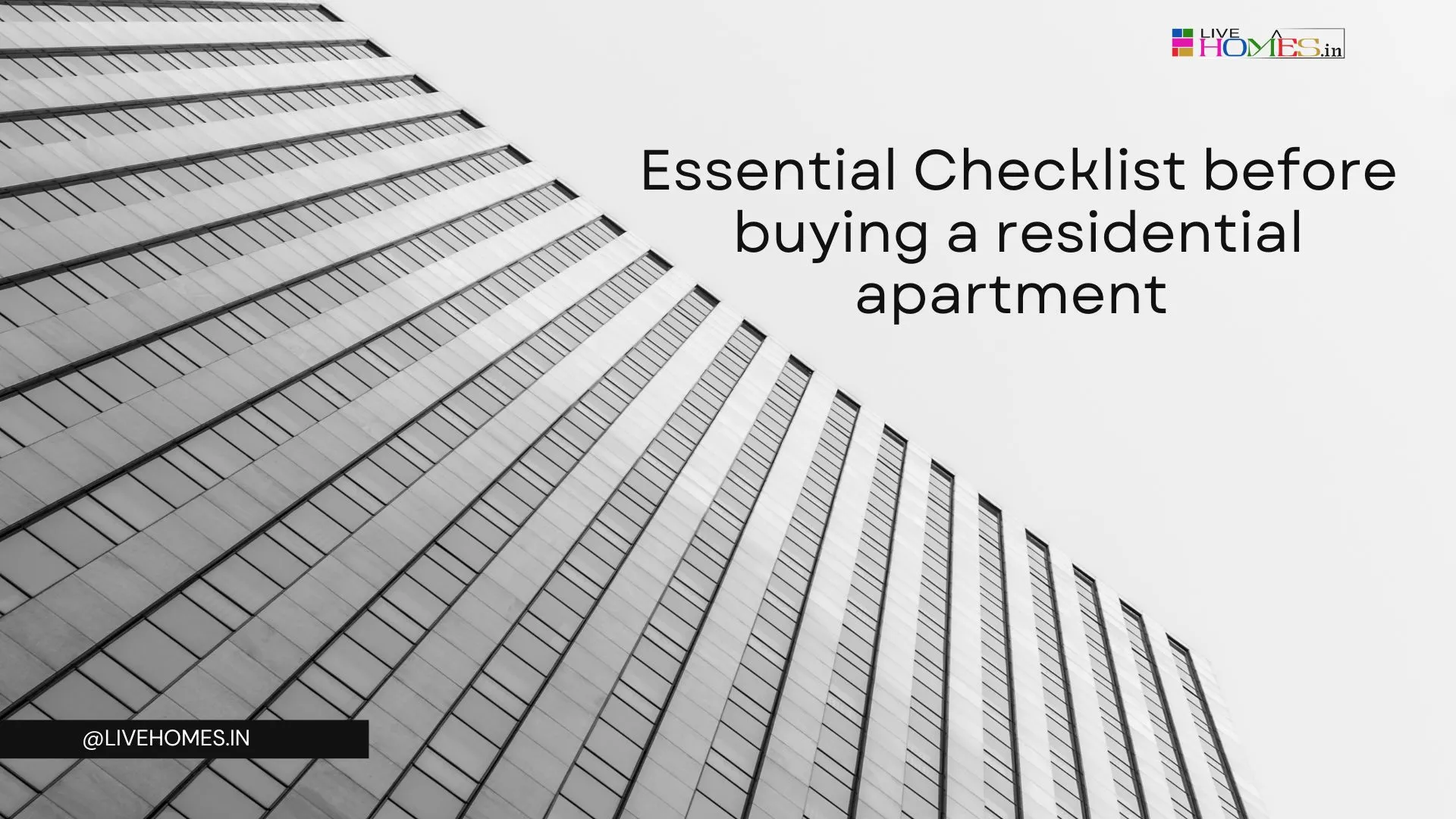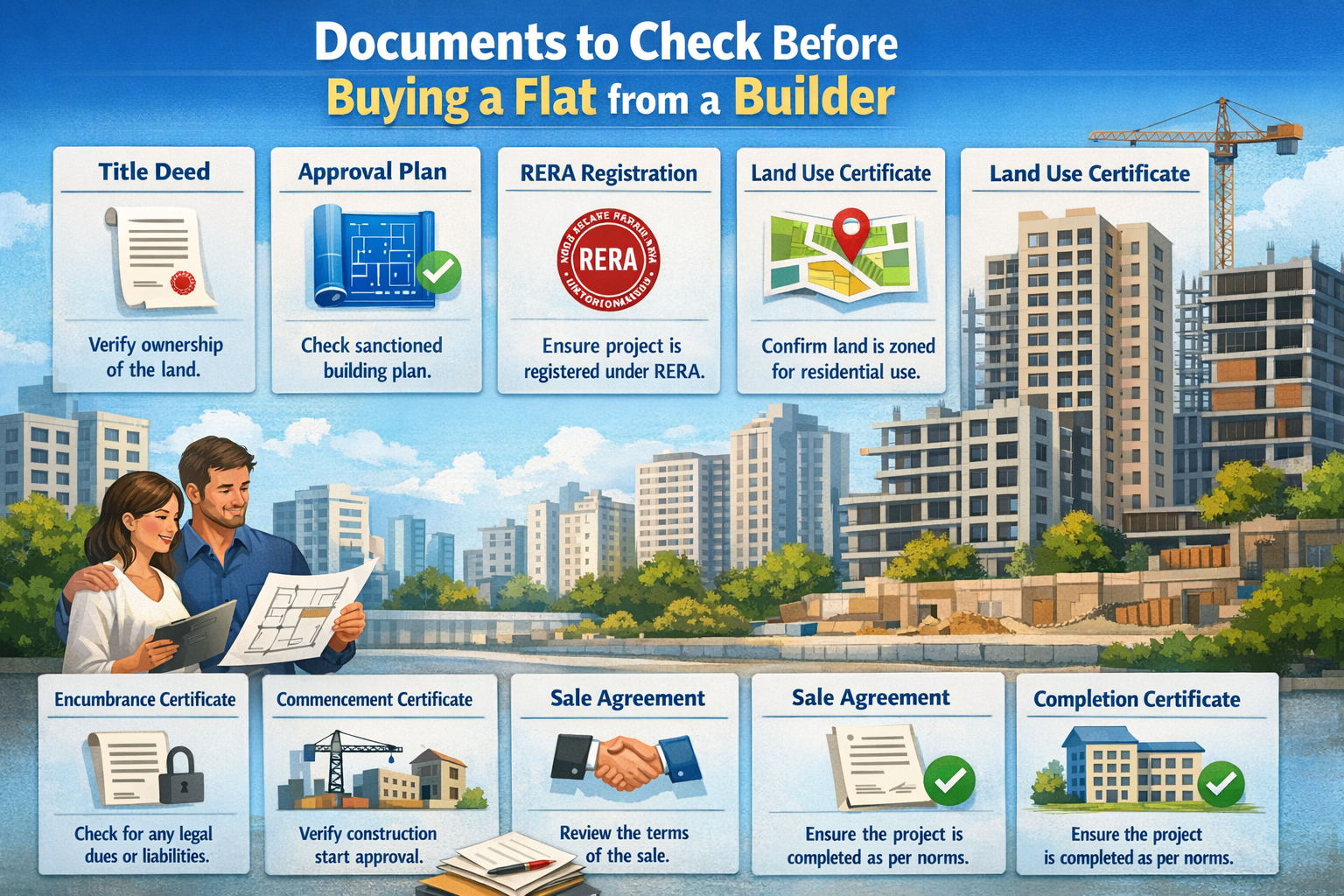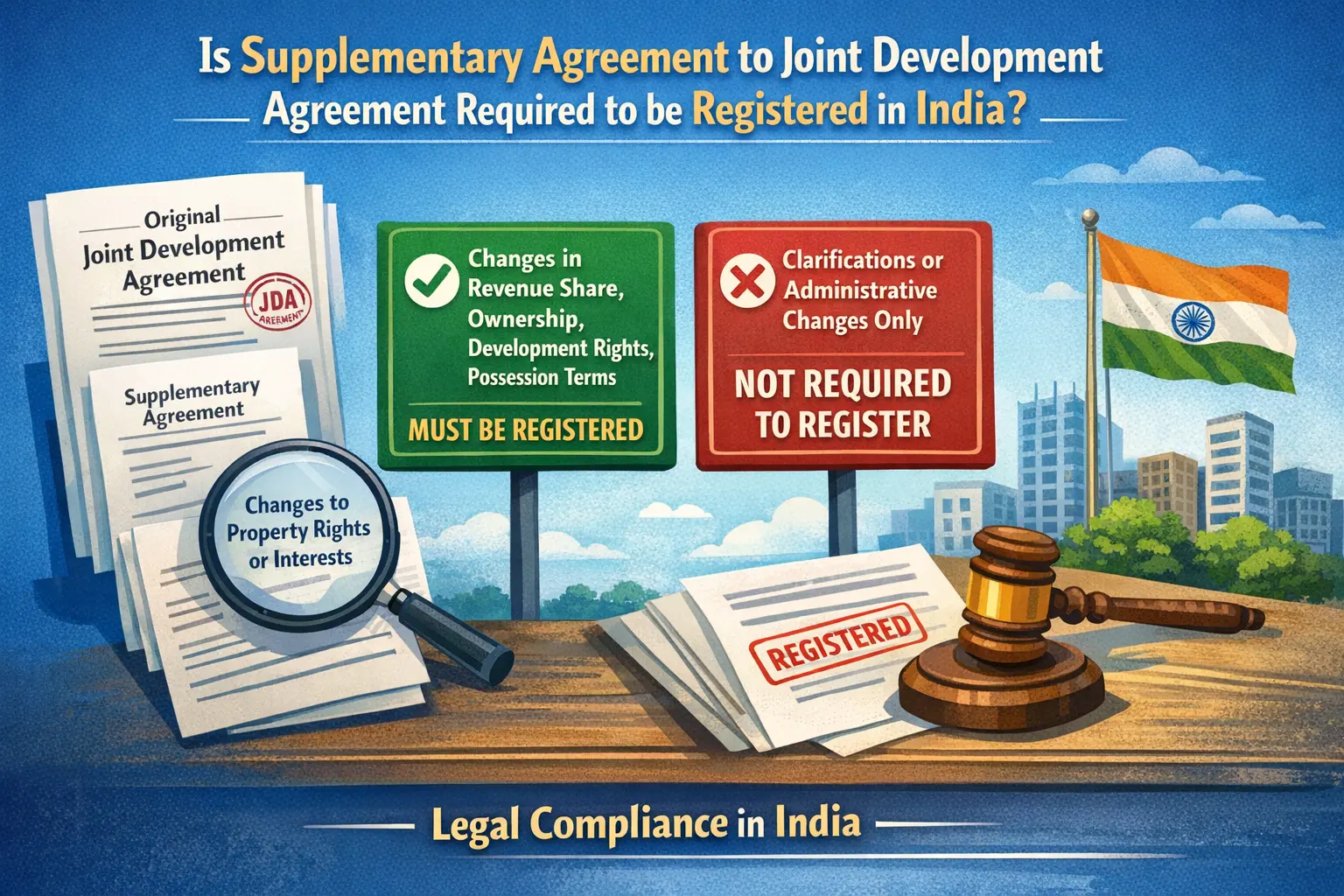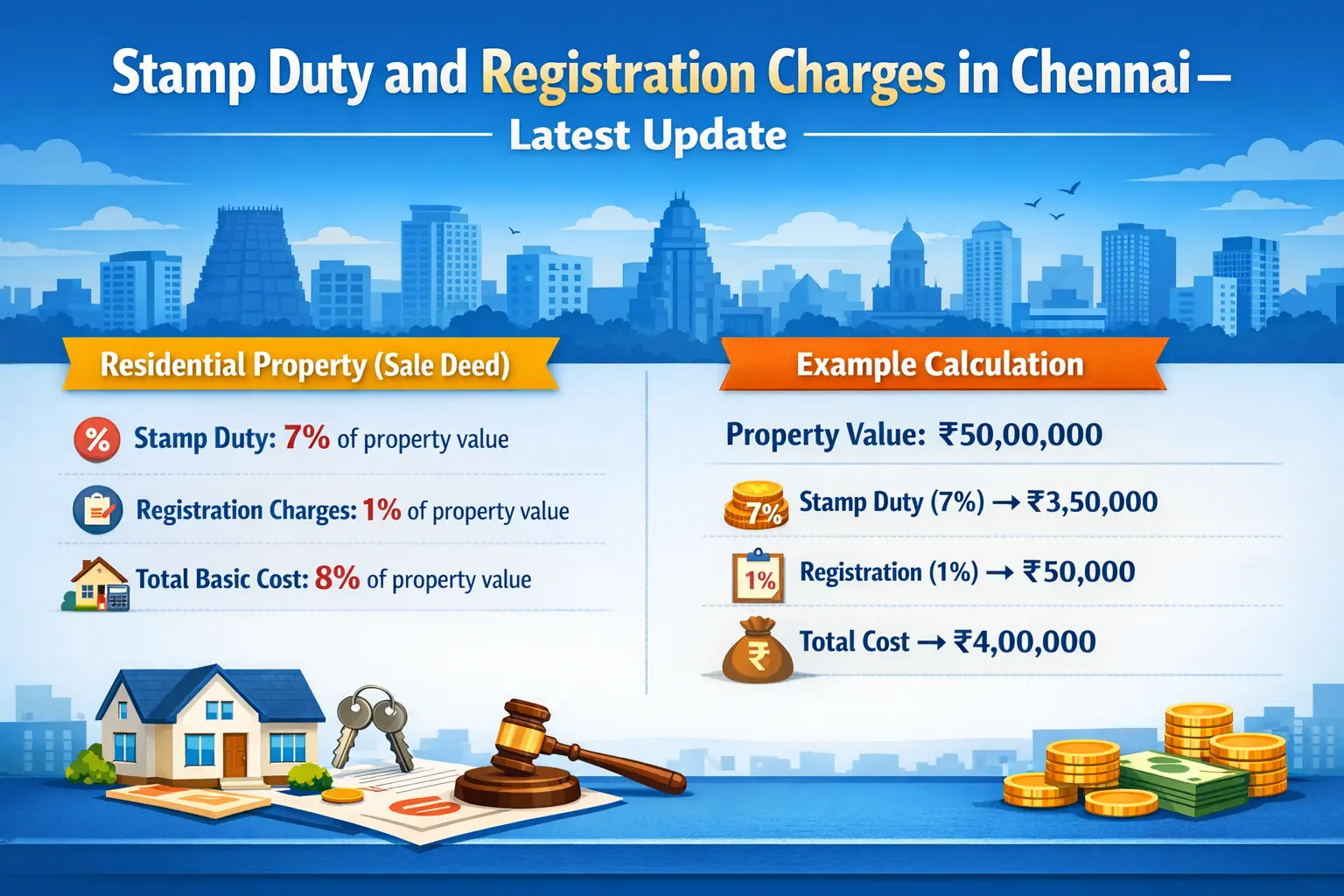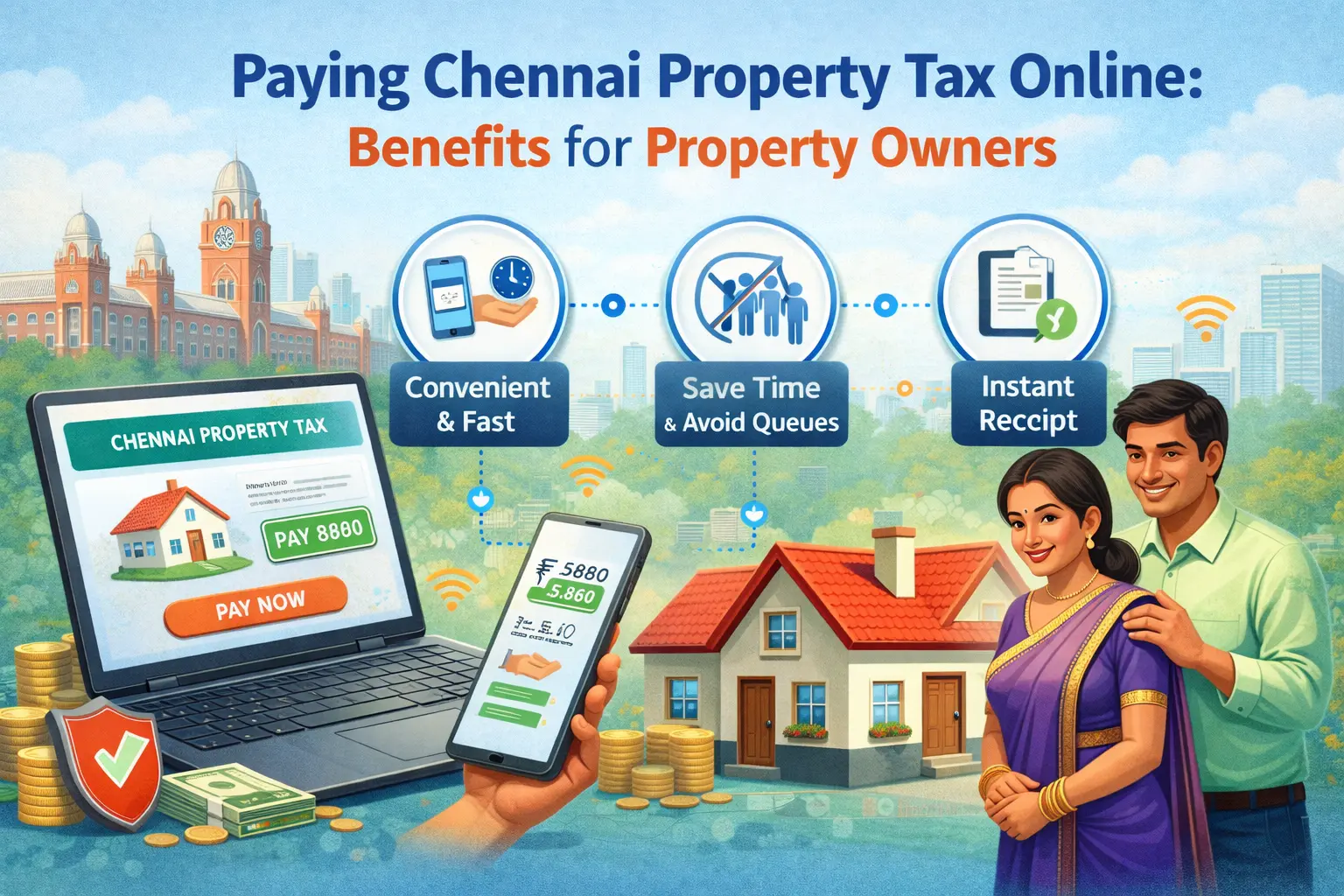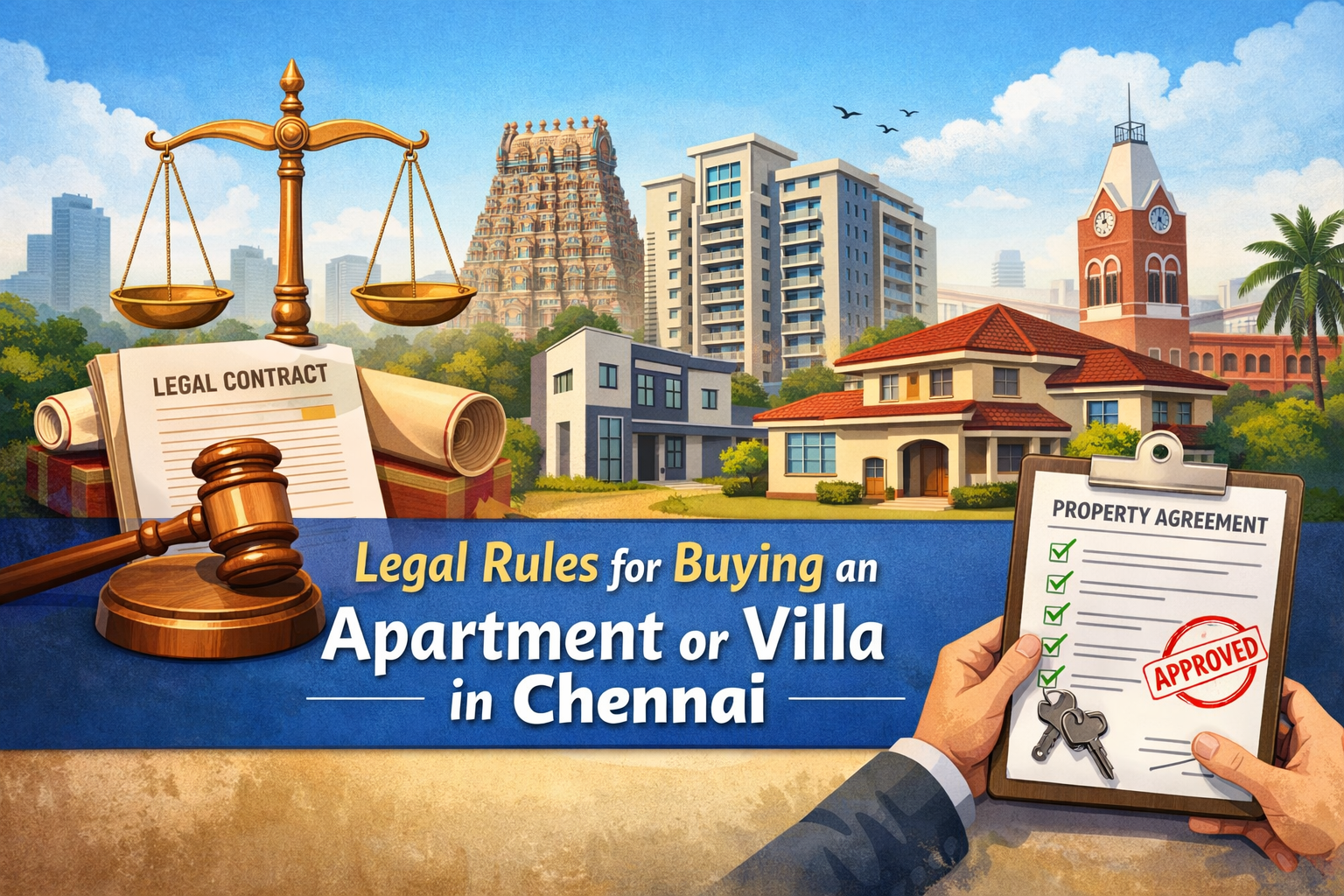Buying a home is not just a financial decision it’s an emotional milestone. Chennai, with its expanding infrastructure, IT hubs, and cultural roots, is one of the most sought-after cities for real estate investments. But before you sign that agreement or swipe your token advance, here is a step-by-step checklist to ensure you’re making a safe, smart, and future-proof decision.
1. Location and Neighborhood Analysis
Why It’s Important:
The location of your apartment determines convenience, quality of life, and long-term value.
What to Check:
-
Connectivity: Is it close to your workplace, schools, hospitals, and shopping centers? Chennai’s traffic can be unpredictable, so travel time matters.
-
Public Transport: Availability of metro stations, bus stops, and major roads (e.g., GST Road, OMR, ECR).
-
Infrastructure Development: Is there ongoing or proposed infrastructure like metro extensions, flyovers, or tech parks nearby?
-
Safety: Low crime rates, well-lit streets, and CCTV-monitored areas are crucial.
Hot Areas in Chennai: Velachery, OMR, Perumbakkam, Anna Nagar, Tambaram, Porur, Pallavaram, and Sholinganallur.
2. Legal Documents and Approvals
Why It’s Important:
To avoid legal disputes or demolition notices from authorities.
What to Verify:
-
Title Deed: Confirms ownership and that the property is free from encumbrances.
-
Parent/Mother Deed: Historical ownership to prove a clear title.
-
RERA Registration: All residential projects must be registered with TNRERA. Check the status on tnrera.in
-
CMDA or DTCP Approval: These are the governing bodies approving building plans in Chennai and the surrounding areas.
-
Building Plan Approval: Ensure the construction matches approved plans.
-
Completion Certificate (CC) and Occupancy Certificate (OC): Required for ready-to-move homes.
-
Encumbrance Certificate: Shows if there are any outstanding legal dues or loans on the property.
3. Builder's Track Record and Credibility
Why It’s Important:
A reputable builder ensures quality construction, timely delivery, and transparency.
What to Research:
-
Past completed projects (visit in person if possible).
-
Delivery track record.
-
Reviews from existing customers (Reddit, Quora, real estate forums).
-
Membership in CREDAI or any builder associations.
Be cautious of builders with incomplete or delayed past projects.
4. Apartment Specifications and Layout
Why It’s Important:
The layout and construction quality define how livable and efficient the apartment will be.
What to Evaluate:
-
Carpet Area vs. Built-up Area vs. Super Built-up Area. Ask for a clear breakdown.
-
Ventilation and Natural Light: Crucial in Chennai’s hot climate.
-
Vaastu Compliance: Optional, but important for many buyers in Tamil Nadu.
-
Construction Quality: Flooring, wiring, plumbing, wall thickness, etc.
-
Fittings: Brand and quality of bathroom, kitchen, and electrical fittings.
5. Amenities and Facilities
Why It’s Important:
Modern lifestyle needs basic and premium amenities to feel complete.
Check For:
-
Power backup (full or partial?)
-
24/7 water supply (especially in water-scarce zones like OMR or Medavakkam)
-
Security features: CCTV, gated entry, security guards.
-
Clubhouse, gym, children’s play area, pool.
-
Lifts with power backup.
-
Car parking (covered/uncovered, allotted or not).
Also confirm if the apartment has:
-
Rainwater harvesting
-
Sewage treatment plant (STP)
-
Borewell and municipal water mix
6. Financial Considerations and Home Loans
Why It’s Important:
Understanding your financial exposure helps avoid stress later.
What to Prepare:
-
Total cost breakdown: Basic cost + registration + GST (if applicable) + amenities + parking + maintenance deposit.
-
Loan eligibility: Based on your income, existing EMIs, and credit score.
-
Bank Approvals: Projects approved by banks like SBI, HDFC, LIC Housing are usually legally sound.
-
Interest Rates & Tenure: Compare across banks.
-
Down Payment: Generally 10–20% of the flat cost.
Required Documents:
-
PAN, Aadhaar
-
Salary slips or IT returns
-
Bank statements
-
KYC documents
7. Undivided Share (UDS) of Land
Why It’s Important:
UDS is your legal share of the land beneath the apartment. It becomes critical during redevelopment or resale.
What to Know:
-
More UDS = more land value = better long-term appreciation.
-
UDS is usually mentioned in the sale deed.
In Chennai, UDS should ideally be 40–60% of your apartment's super built-up area.
8. Resale and Rental Potential
Why It’s Important:
Even if you plan to stay, your apartment should be attractive for resale or renting later.
What to Consider:
-
Is it near IT parks, colleges, or hospitals?
-
Are rental rates in the locality rising?
-
Is there active demand for tenants?
-
Does the project have a reputation among NRIs or corporate tenants?
9. Registration and Stamp Duty
Why It’s Important:
Property is legally yours only after registration.
Chennai Rates:
-
Stamp Duty: 7% of property value
-
Registration Charges: 1%
-
Total: 8% of guideline value or sale value (whichever is higher)
Make sure the flat is registered under your name at the Sub-Registrar Office, and you receive the registered sale deed.
10. Maintenance and Association Rules
Why It’s Important:
You’ll be living in this community—rules and costs matter.
Ask About:
-
Monthly maintenance fees
-
Who maintains common areas? (Builder or Resident Welfare Association?)
-
Are pets allowed?
-
Visitor and delivery access protocols
-
Garbage disposal and housekeeping
A beautiful apartment in Chennai can be your dream home or a smart investment—but only if you’ve ticked all the right boxes.
This checklist helps protect you from:
-
Legal issues
-
Unexpected costs
-
Delays in possession
-
Poor construction quality
Always consult a property lawyer and do your independent verification before making any payments or signing agreements.
https://www.livehomes.in/blogs
